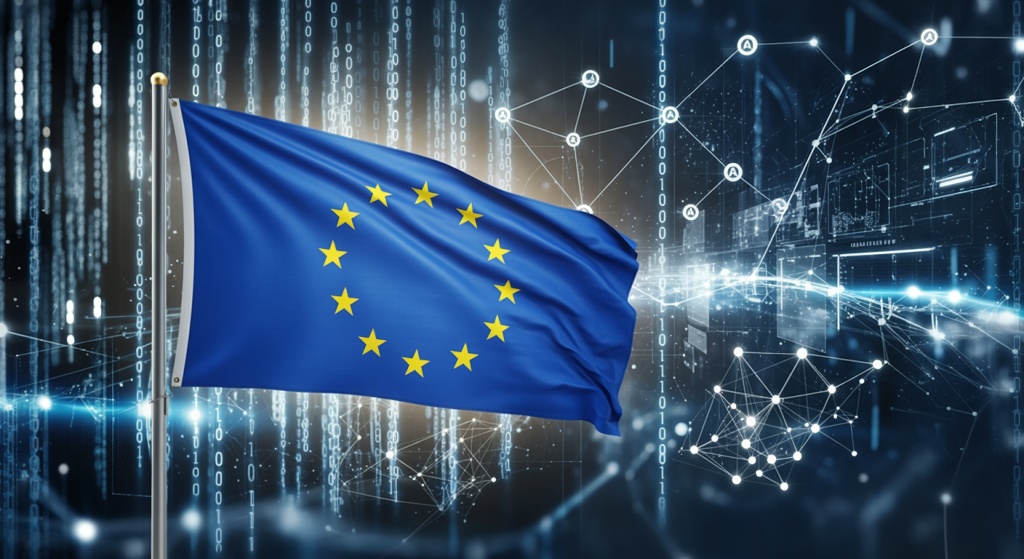The EU Data Law is officially enacted and marks the key steps to give users control over the vast amount of data generated by connected devices such as smartwatches, cars, smart TVs, industrial machines and more.
For the first time, consumers and business users can access, use and share this raw data directly. This paves the way for more affordable repair services, better product maintenance and new business models.
This legislation ensures that connected devices sold in the EU are designed with data sharing in mind.
This allows consumers to choose cost-effective repair providers, but industries such as agriculture and manufacturing have access to valuable performance data that can increase efficiency and reduce costs.
Henna Virkkunen, EU vice president of Tech Sovereignty, Seculity and Democracy, explained:
“We are committed to helping businesses adapt to new rules, reducing administrative burdens, and transforming data into real opportunities for European people and businesses.”
Increase innovation and competitiveness
By opening up high-quality data, EU data law aims to promote innovation across Europe’s digital economy.
In particular, small and medium-sized businesses (SMEs) will benefit from increasing data availability, allowing them to compete more effectively and develop innovative after-sales services.
The law also historically addresses unfair contract terms that limit data sharing and increase the flexibility of cloud computing.
Users can switch between cloud service providers or use several at the same time without unnecessary technical or contractual barriers.
Complement the data governance law
EU Data Law works in conjunction with previous data governance laws.
The latter builds trust in voluntary data sharing mechanisms, but data law goes further by providing clear legal rules regarding the access and use of data.
Together, they create a more robust and transparent framework for Europe’s growing data economy.
Corporate guidance and support
To help businesses navigate new rules, the European Commission has already published guidance on vehicle data sharing. We are looking forward to improving repair services, automotive sharing schemes and mobility solutions.
Additional tools are approaching, including:
A legal help desk for data law that provides direct assistance to businesses. An explanation of how trade secrets are protected under the new framework. Model contract terms and standard clauses for cloud services to simplify compliance.
The committee will also introduce a data union strategy to further streamline the European data landscape and strengthen its position as a global leader in digital innovation.
Joint Future
The EU will work closely with businesses of all sizes, trade associations and civil society to form data laws and continue to continue stakeholders during its implementation.
Feedback improves future guidance and ensures that the law remains practical, effective and proportional.
With the EU data law now in place, Europe has set global benchmarks for fair data use. It strengthens citizens’ strength, promotes innovation, and strengthens competitiveness in the digital age.
Source link

